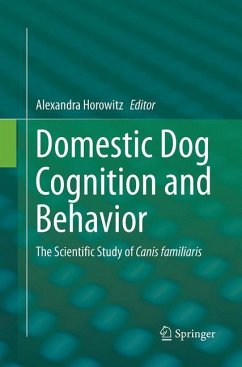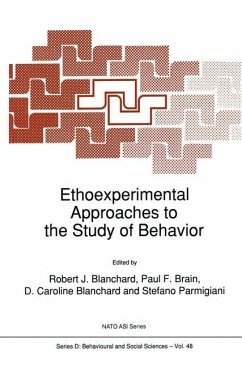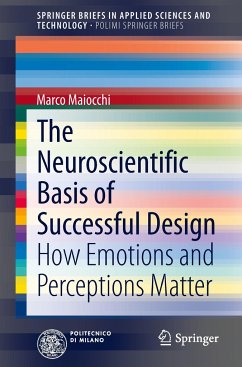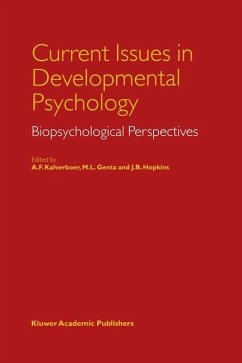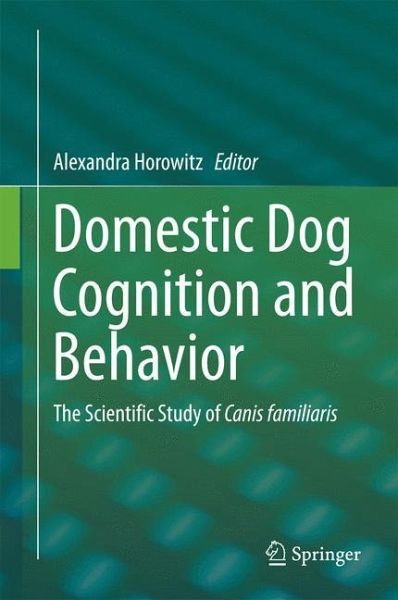
Domestic Dog Cognition and Behavior
The Scientific Study of Canis familiaris
Herausgegeben: Horowitz, Alexandra

PAYBACK Punkte
83 °P sammeln!
This book highlights the state of the field in the new, provocative line of research into the cognition and behavior of the domestic dog. Eleven chapters from leading researchers describe innovative methods from comparative psychology, ethology and behavioral biology, which are combined to create a more comprehensive picture of the behavior of Canis familiaris than ever before. Each of the book s three parts highlights one of the perspectives relevant to providing a full understanding of the dog. Part I covers the perceptual abilities of dogs and the effect of interbreeding. Part II includes o...
This book highlights the state of the field in the new, provocative line of research into the cognition and behavior of the domestic dog. Eleven chapters from leading researchers describe innovative methods from comparative psychology, ethology and behavioral biology, which are combined to create a more comprehensive picture of the behavior of Canis familiaris than ever before. Each of the book s three parts highlights one of the perspectives relevant to providing a full understanding of the dog. Part I covers the perceptual abilities of dogs and the effect of interbreeding. Part II includes observational and experimental results from studies of social cognition such as learning and social referencing and physical cognition in canids, while Part III summarizes the work in the field to date, reviewing various conceptual and methodological approaches and testing anthropomorphisms with regard to dogs. The final chapter discusses the practical application of behavioral and cognitive results to promote animal welfare. This volume reflects a modern shift in science toward considering and studying domestic dogs for their own sake, not only insofar as they reflect back on human beings.





